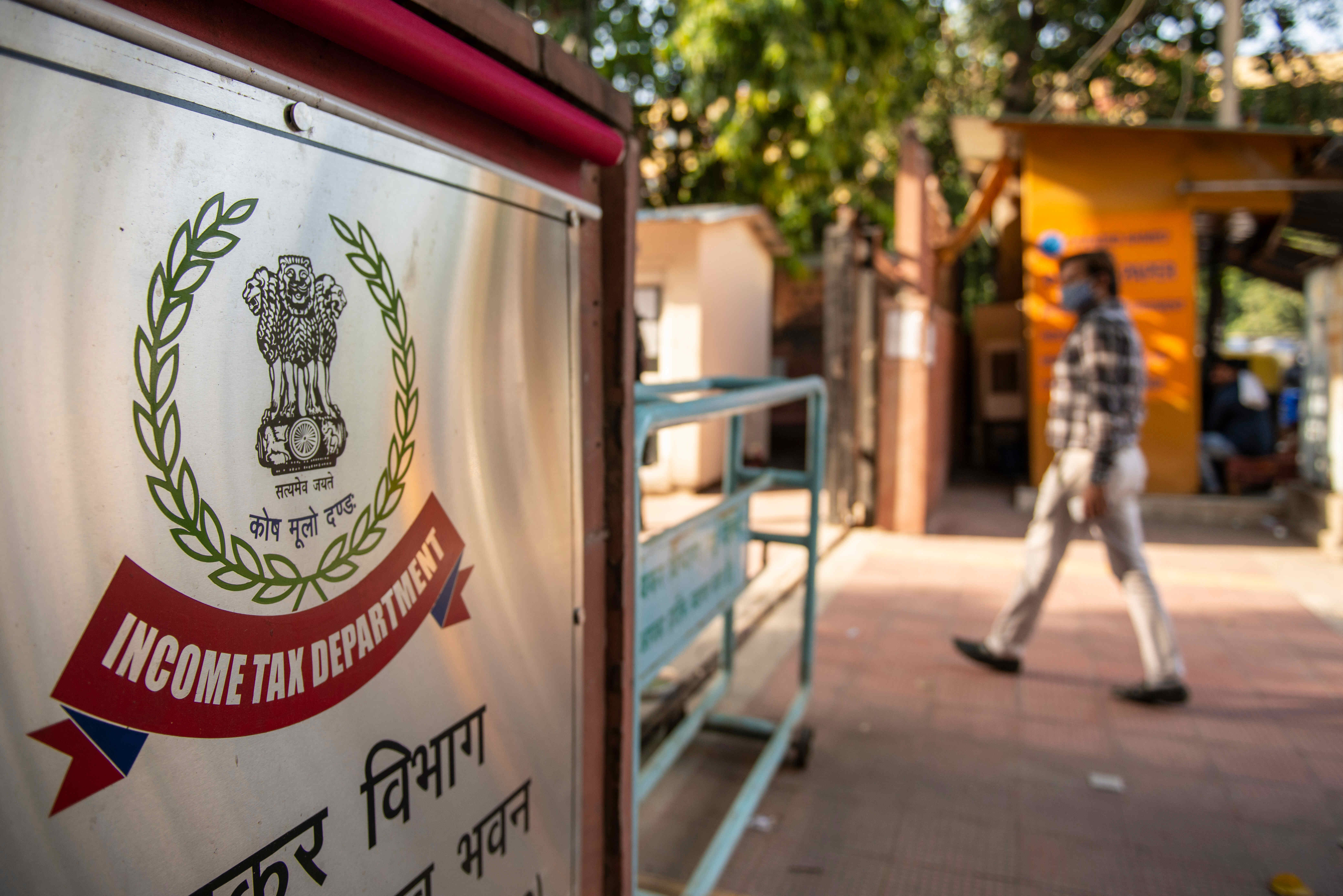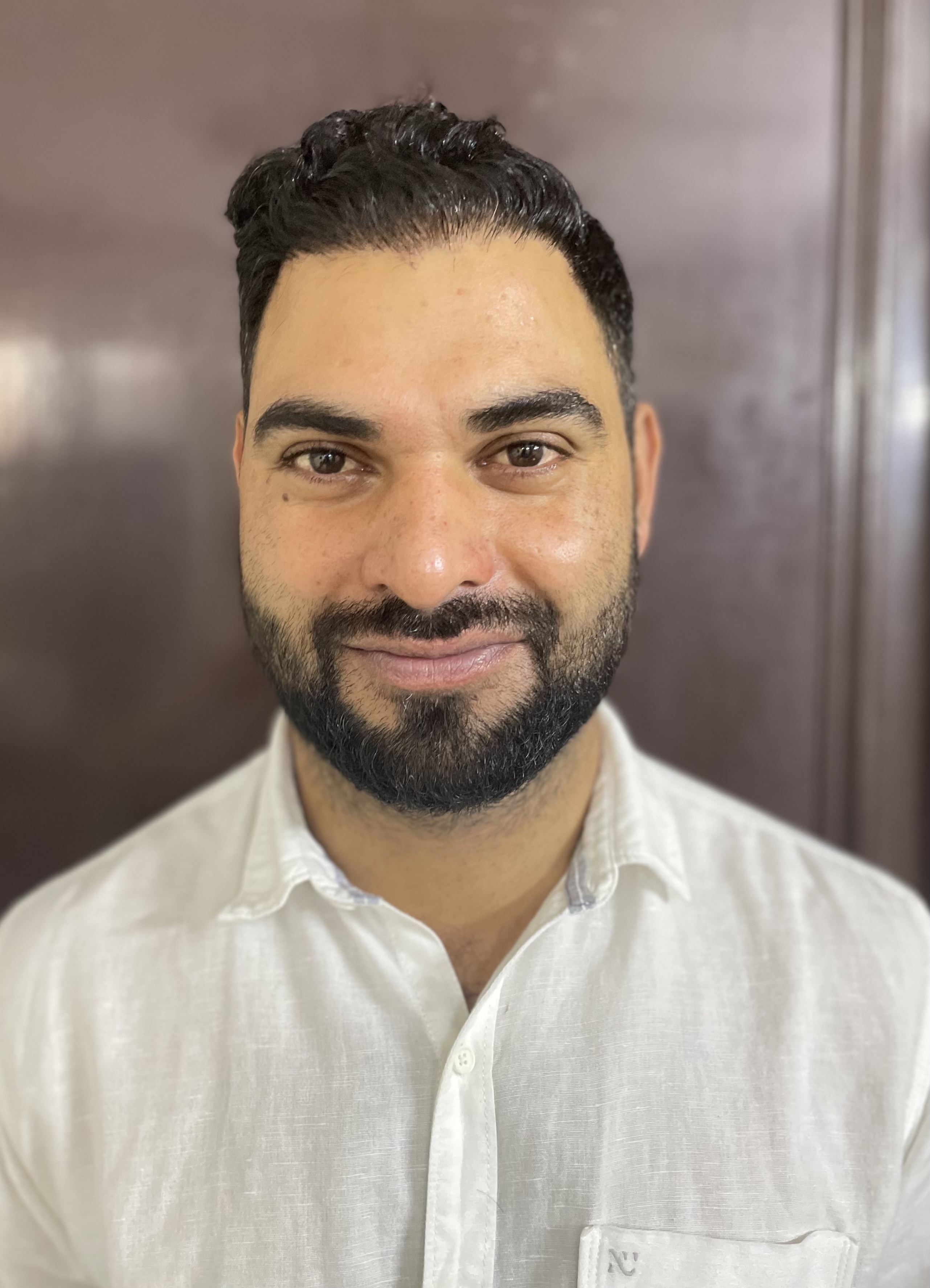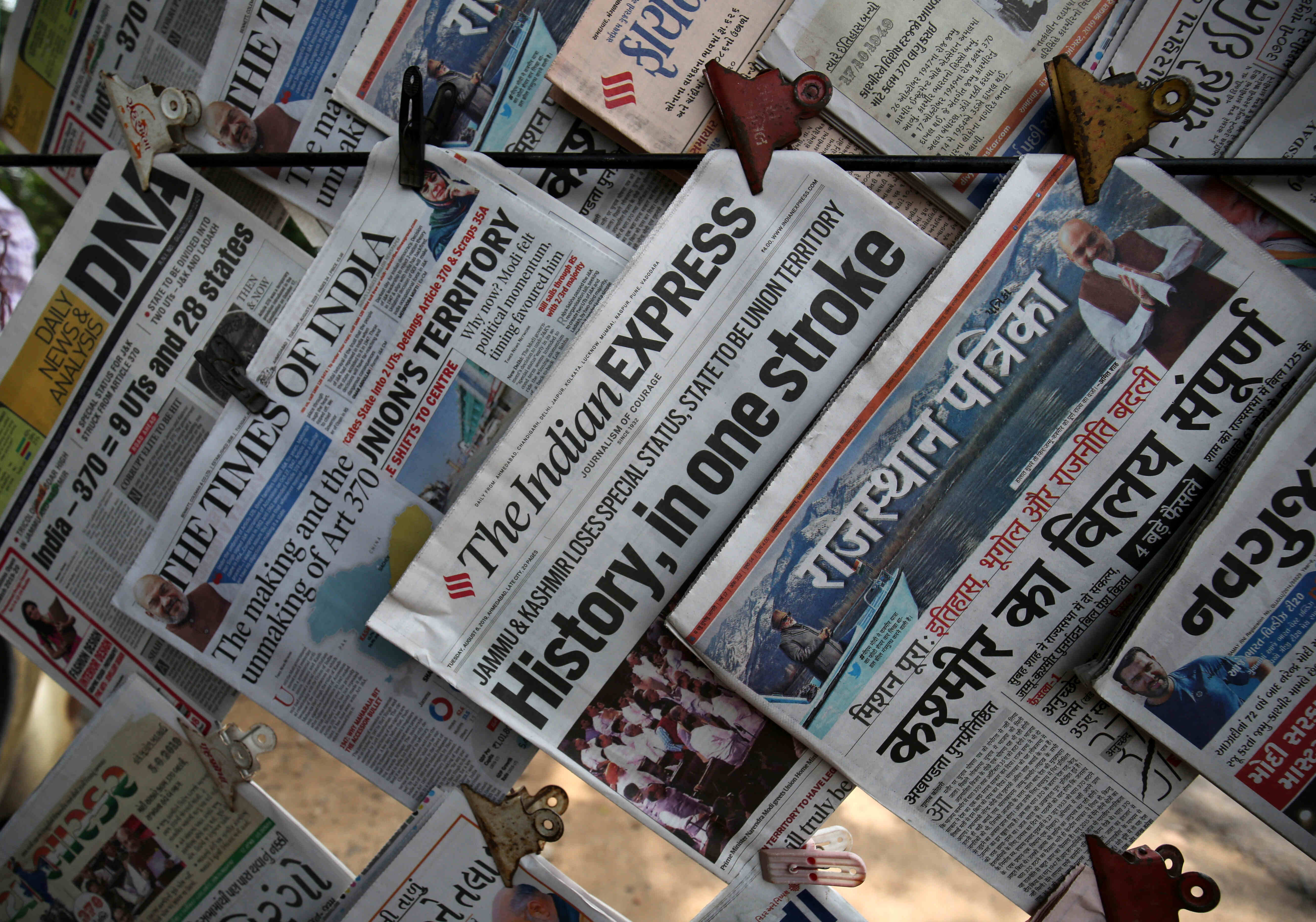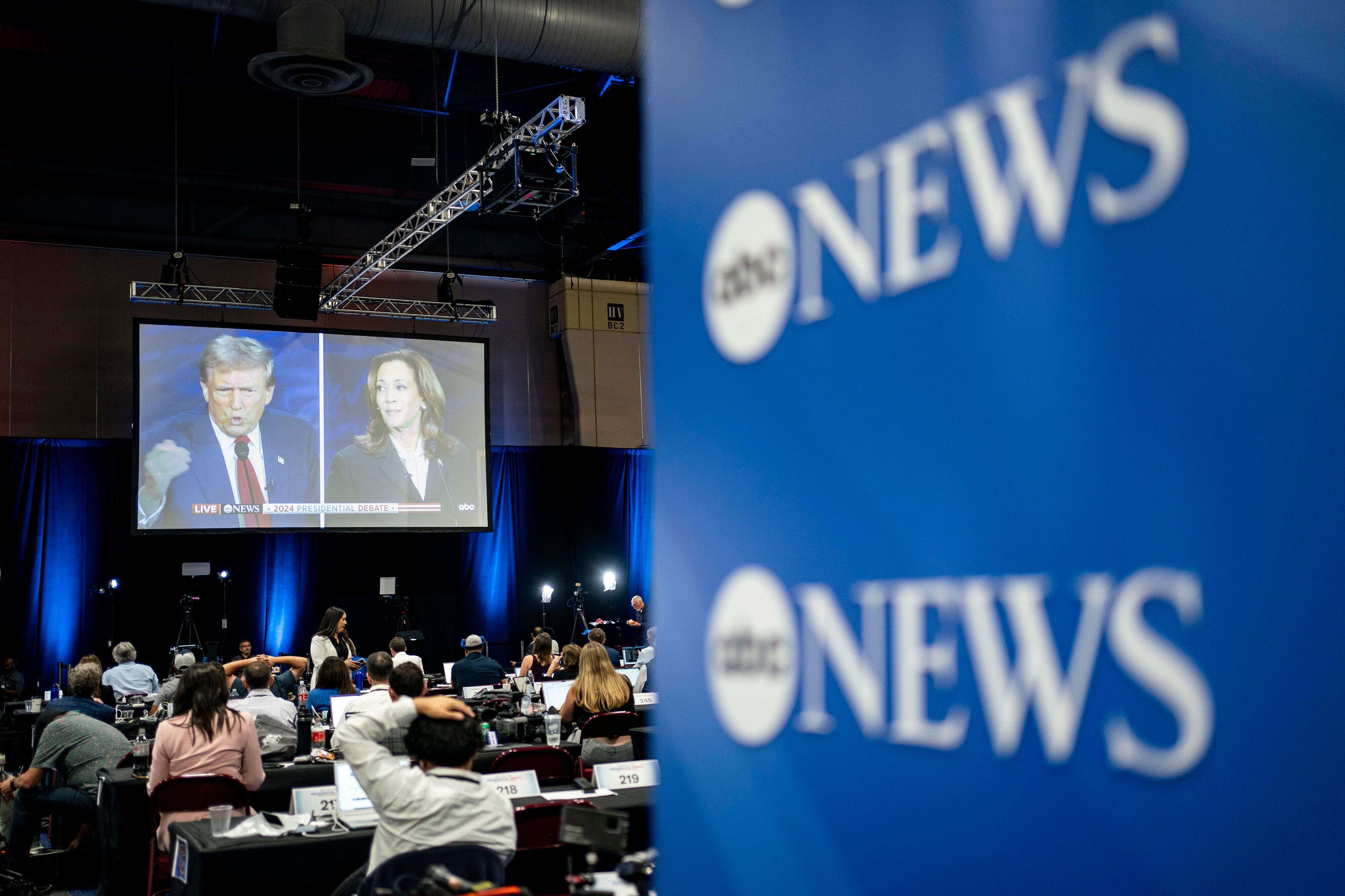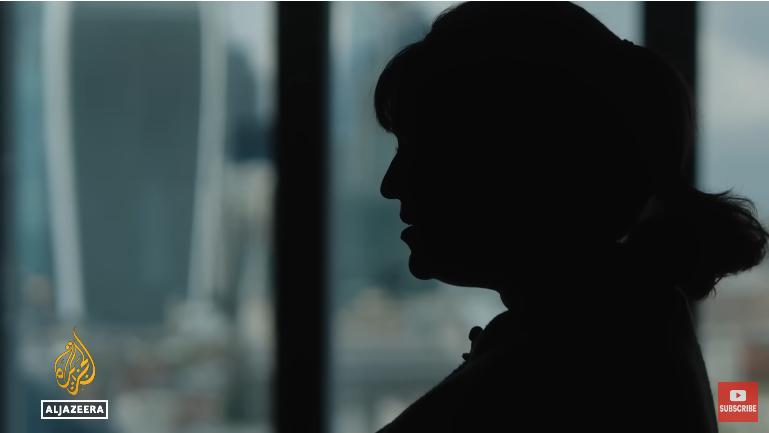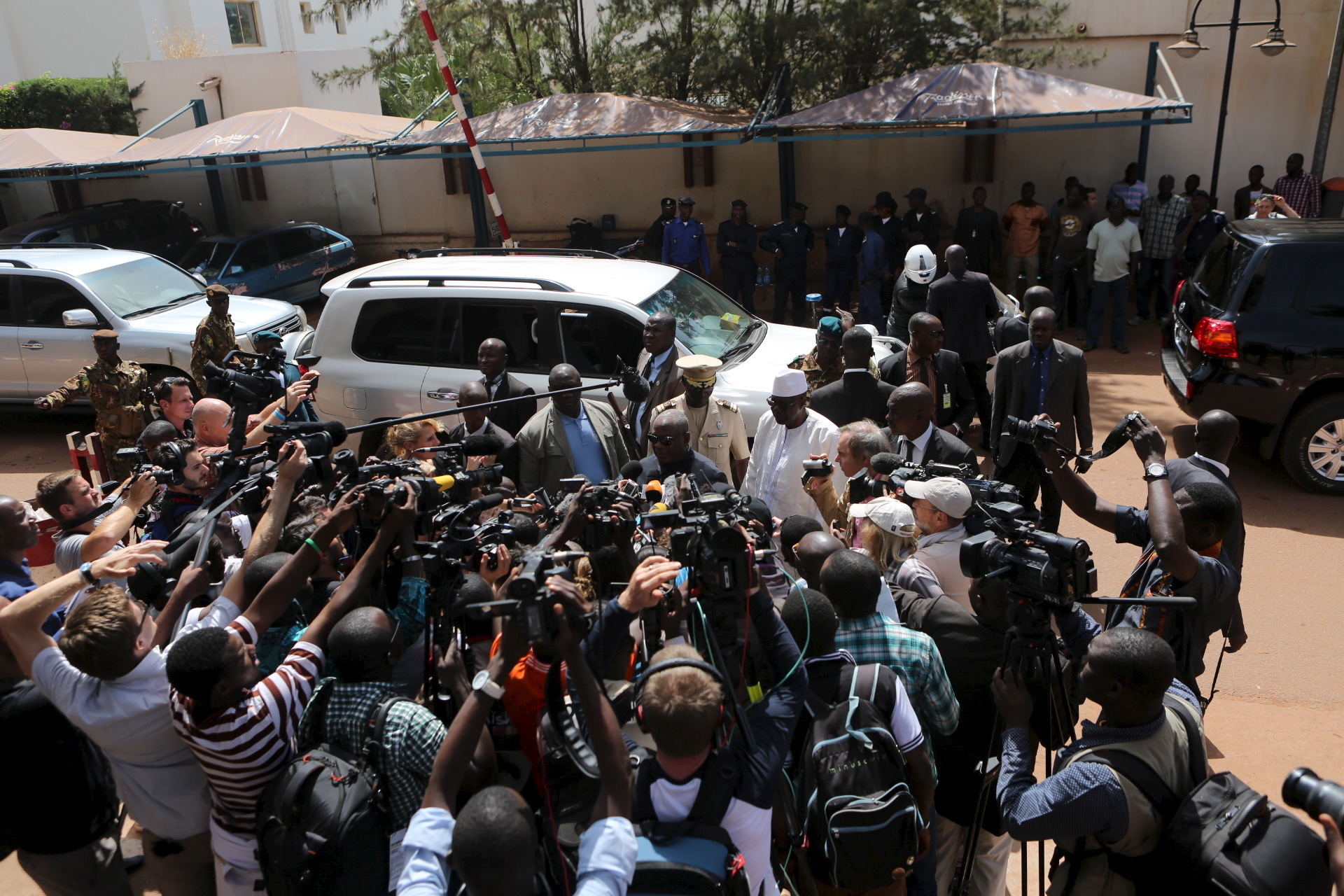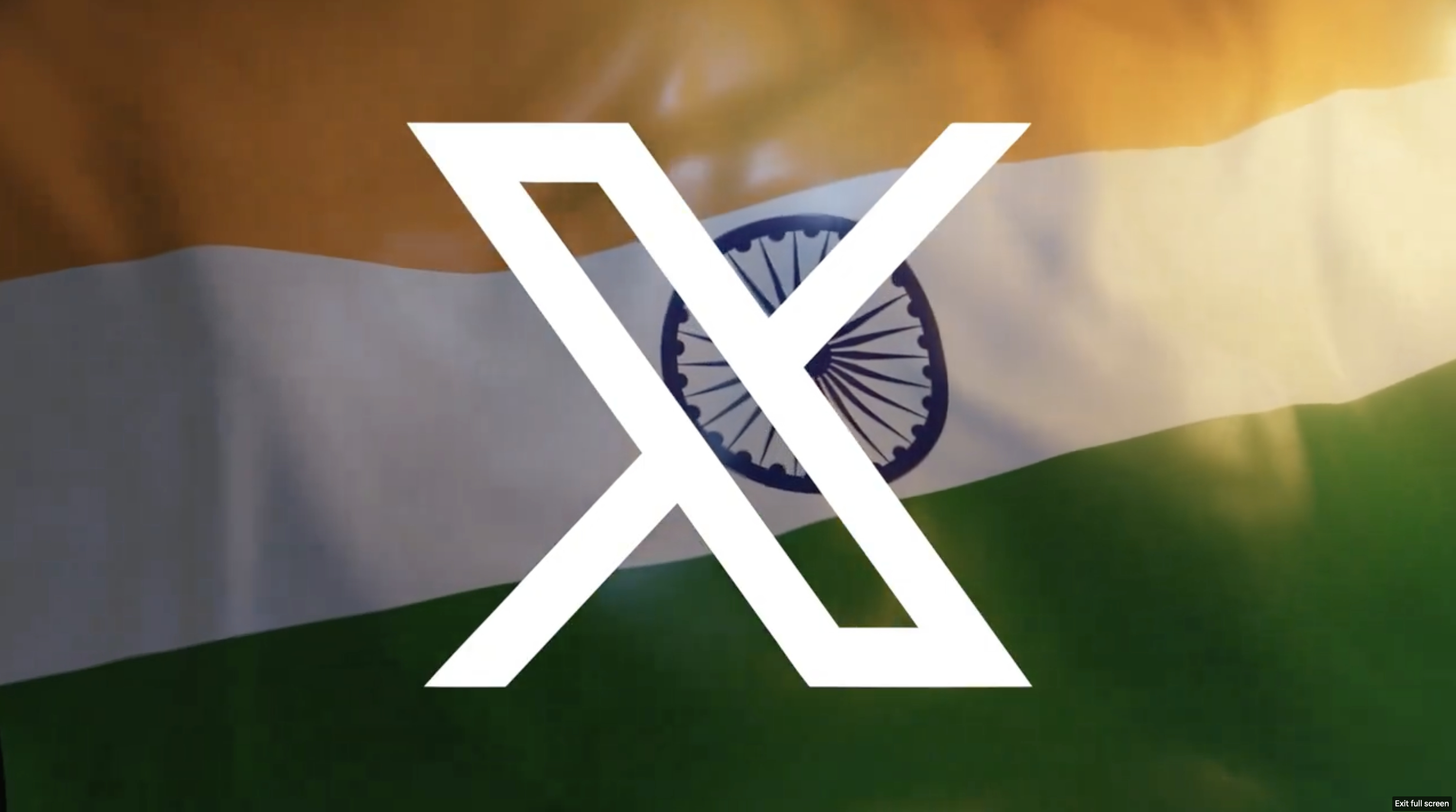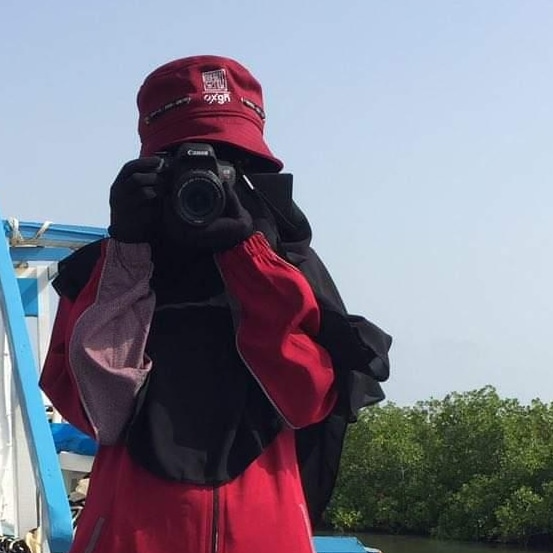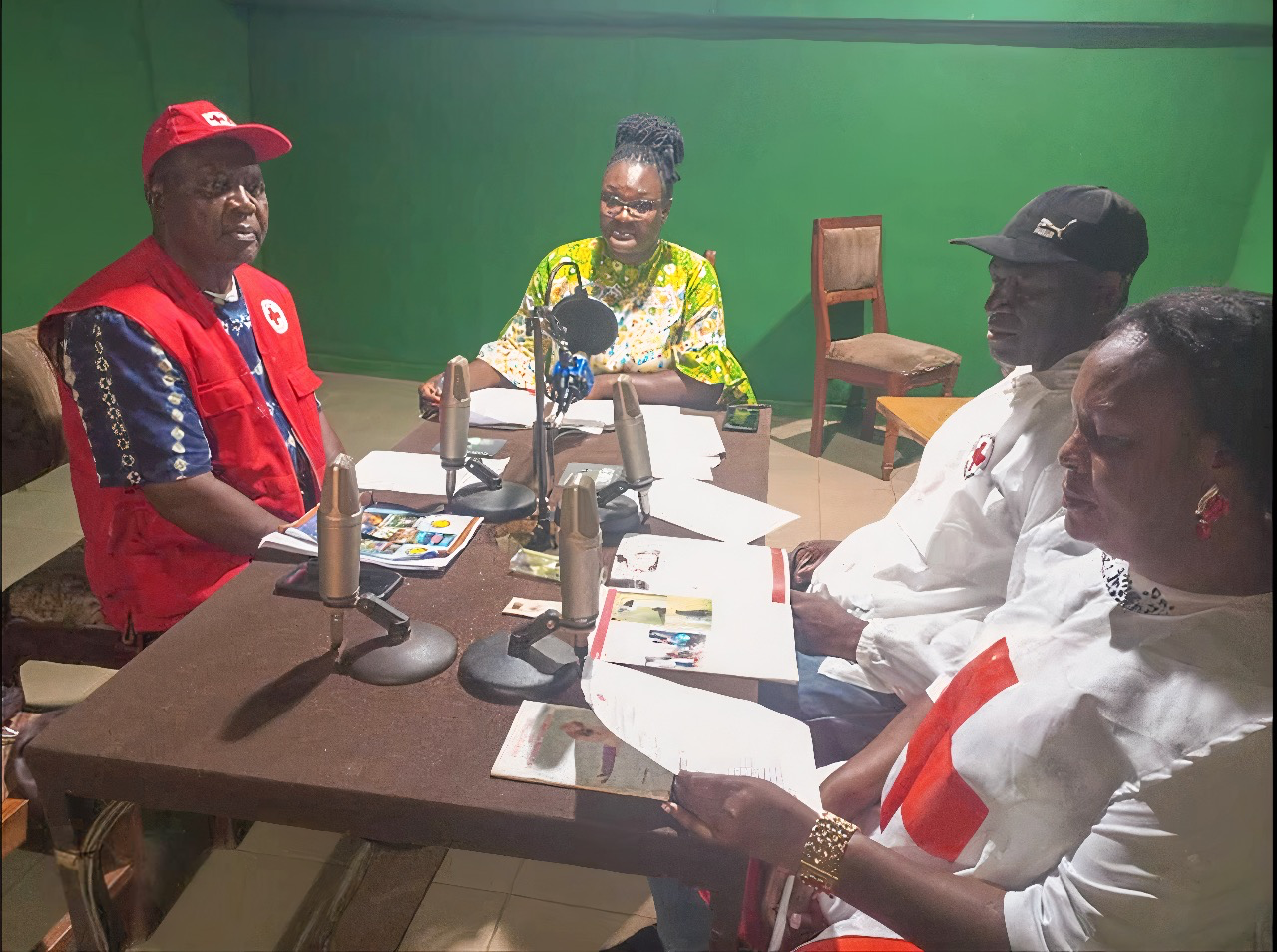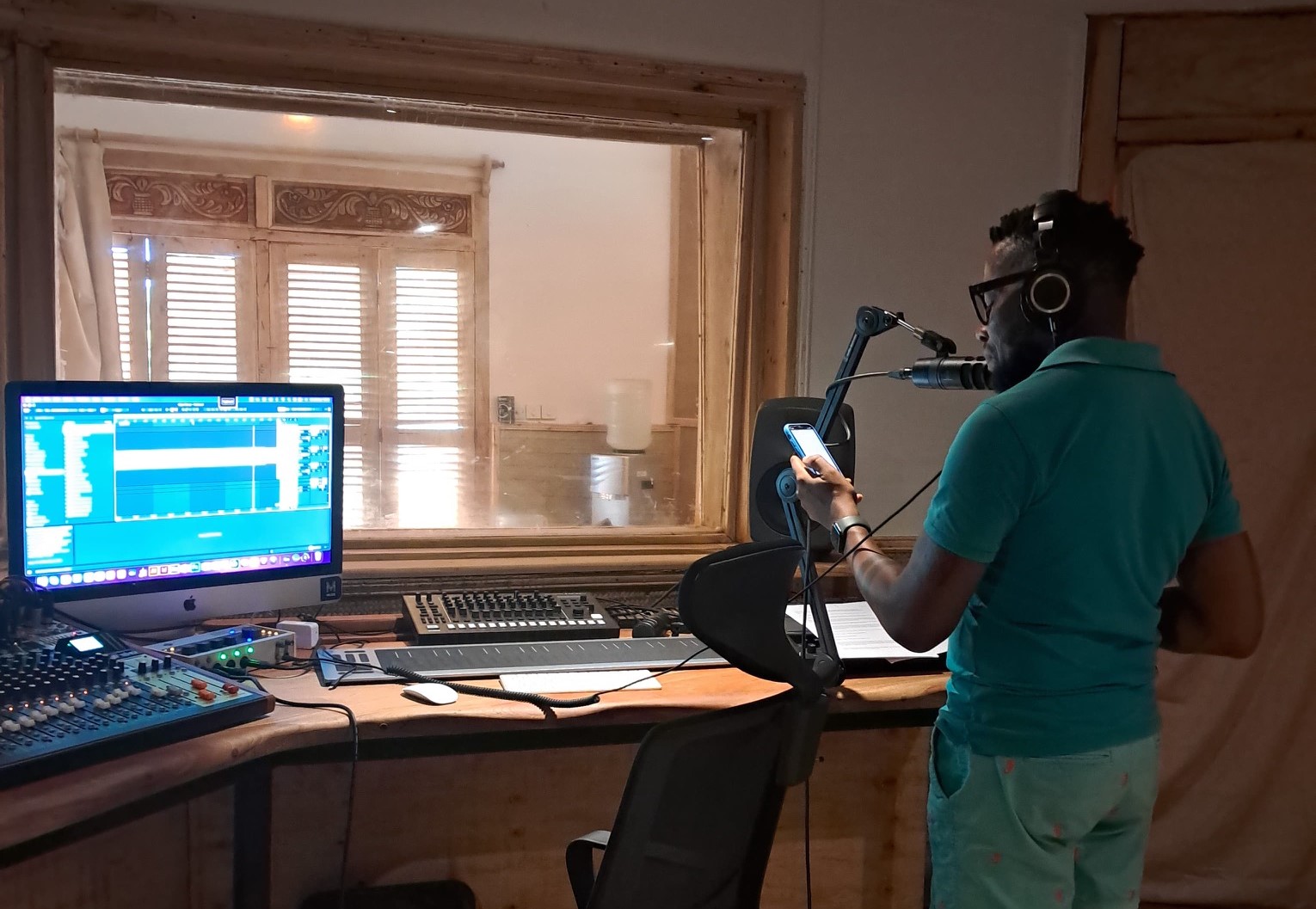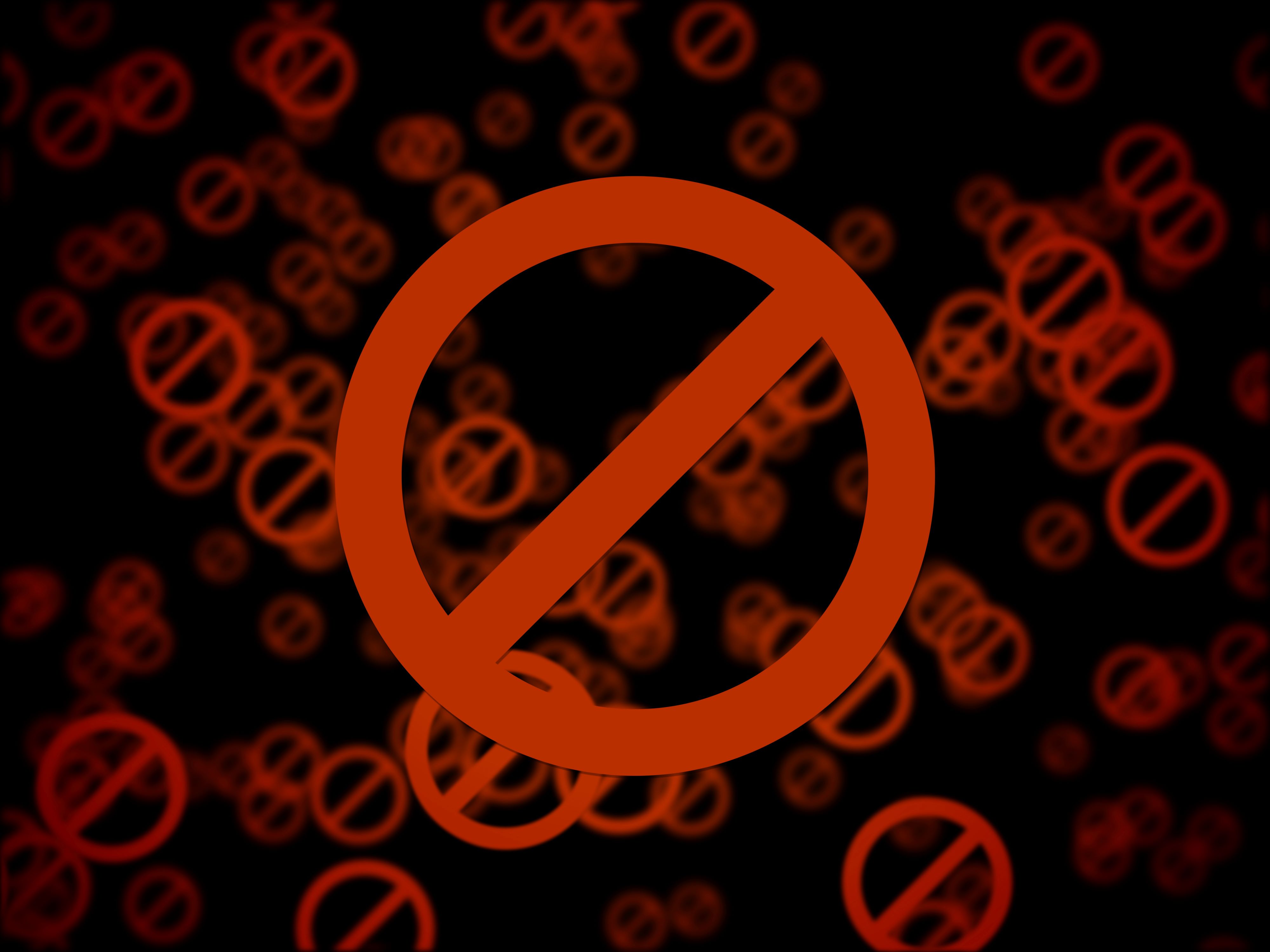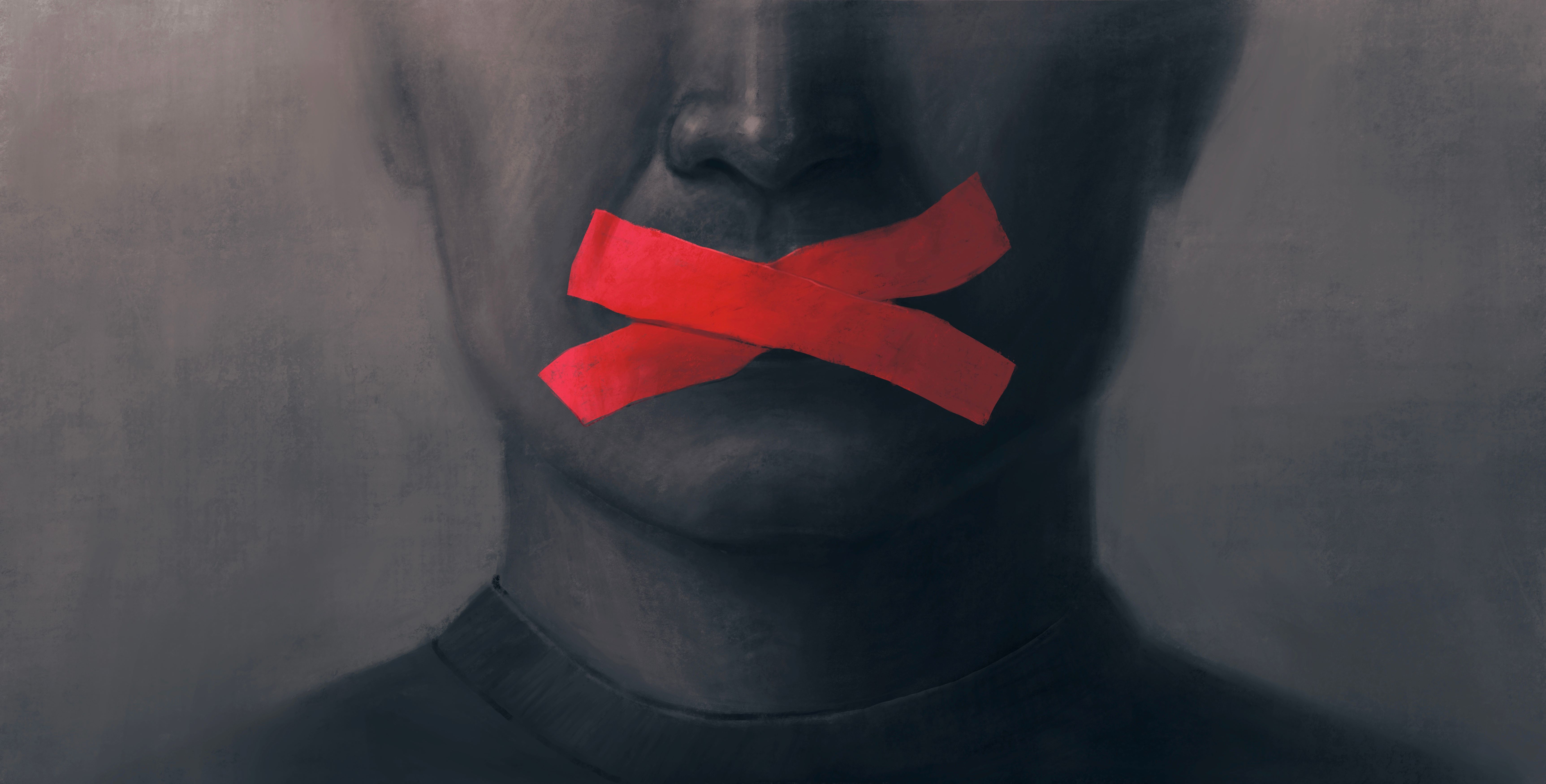قرّر موقع فيسبوك وبناء على آلاف الشكاوى التي تلقّاها من مستخدميه، أن "يصطاد" ما اصطلح على تسميته بـ"صائد النقرات" (Clickbait)، وهي الروابط التي تحمل عناوين "مغرية" تدفع المستخدم للنقر عليها والانتقال لمتصفح آخر ليكتشف أنها لا تحمل مضمونا وأنها مجرد عناوين خادعة ومضللة.
وسيستخدم فيسبوك نفس الطعم الذي يستخدمه صائد النقرات في جذب المستخدم، ألا وهو العناوين.
إن تلك الروابط عادة ما تضع عناوين تثير فضول المستخدم، ومن خلال ذات العناوين سيكون بإمكان خوارزميات الفيسبوك تحديد نوع تلك الروابط وتتبع مصادرها للتصدي لها ومنعها من الانتشار في آخر الأخبار، حسب ما أعلن فيسبوك على مدونته. مع هذا، فالموقع الأزرق لن يستطيع منعها بشكل كامل.
ستندرج عبارات مثل "لن تصدق ما ستراه..." أو "بالتأكيد ستصيبك الدهشة حين تعرف..." ضمن عشرات العبارات التي استطاع الفيسبوك حصرها من ضمن آلاف، تحوي كلمات دالة على العناوين المضللة والمبالغ بها.
وكما هو معروف، فإن خوارزميات الفيسبوك أصلا تتدخل في طرح ما تعتقد أنه أهم بالنسبة للمستخدم، في طريقة لجذبه للبقاء داخل محيطها الأزرق. والأكثر من ذلك، فهي بناء على تلك الاهتمامات، تطرح له إعلانات تجارية، قد توصف بأنها تدخلا من الفيسبوك في توجهاته (المستخدم).
يقول الباحث أليكس بيساخوفيتس، وكريستين هيندريكس، الباحث في تجارب المستخدمين "هدفنا في آخر الأخبار في هو أن نظهر للناس القصص القريبة منهم، قصص مرتبة بحيث تظهر القصص الأهم في الأعلى لكل شخص. حينما نرتّب ونحسّن آخر الأخبار، فإننا نعتمد على مجموعة من القيم الأساسية...".
أما الإجراء الأخير الذي يعتزم فيسبوك اتباعه، فيقود إلى التساؤل عما إذا كان هناك نوع جديد من الرقابة سيكون مفروضا على مستخدميه وعلى وسائل الإعلام، وتدخلا للسياسات التحريرية للمواقع الإخبارية الحقيقية التي عليها –ربما- أن تستبعد استخدام بعض العبارات المصنفة بعناوين خادعة لتتجنب الحد من انتشارها.






